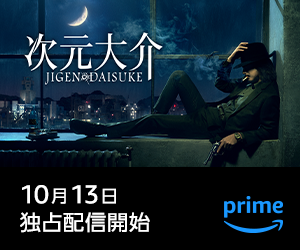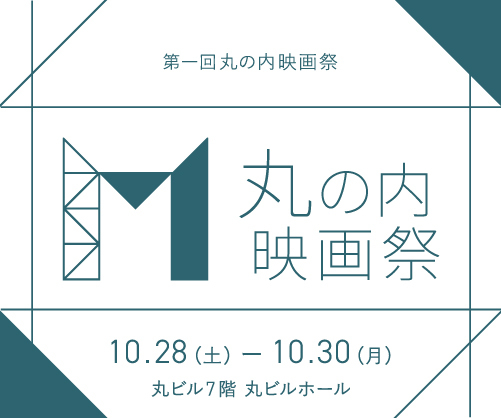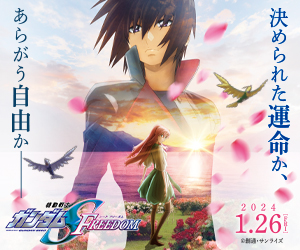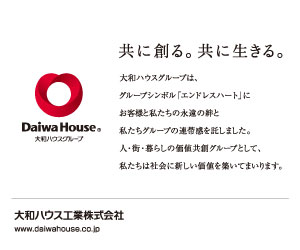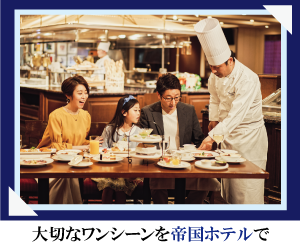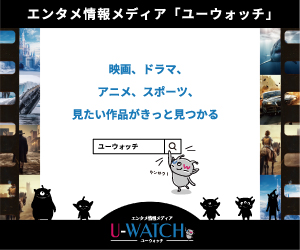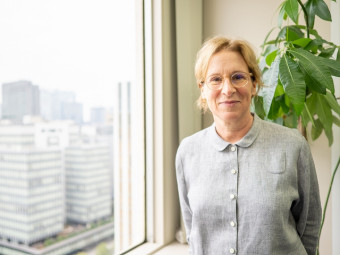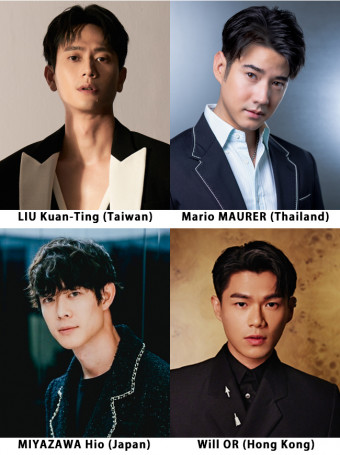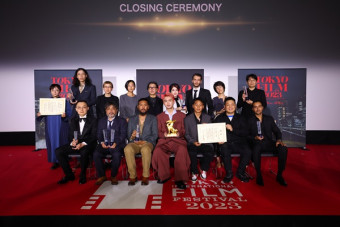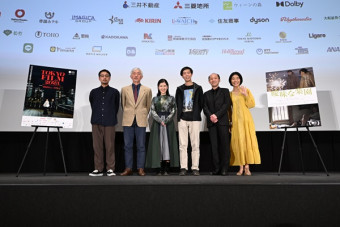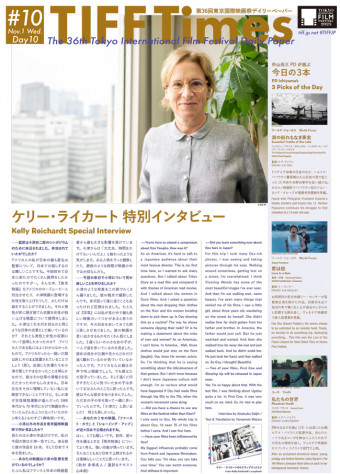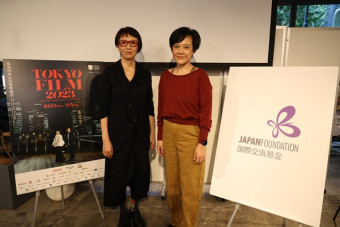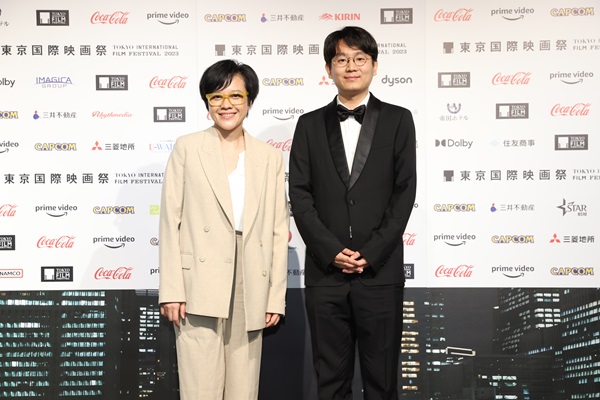
The Tokyo International Film Festival revived the Kurosawa Akira Award in 2022 for the first time in 14 years to mark the renowned auteur’s legacy and ongoing influence. This year, at the strong urging of veteran director Yamada Yoji, who served as the chairman of the selection committee, young film directors who are expected to shape the future of the world’s film industry are being honored with the award, reflecting a forward-looking approach.
As previously announced, the 36th TIFF is bestowing the 2023 Kurosawa Akira Awards on two emerging directors: China’s Gu Xiaogang (Dwelling in the Fuchun Mountains, Dwelling by the West Lake) and Indonesia’s Mouly Surya (What They Don’t Talk About When They Talk About Love; Marlina the Murderer in Four Acts).
Ahead of the awards ceremony, the two young recipients sat down with the press on October 31.
Asked which Kurosawa film had left the strongest impression on them, Gu cited Dreams, the first Kurosawa film he saw. He recalled being stunned by it and thinking, “Rather than just a story, this is what you can express with cinema. You can convey a philosophy, reflect on human history. And I realized just how significant film can be. [Later], when my friends would ask whether I wanted to be a commercial or arthouse director, I thought of Kurosawa, who had erased the boundaries between art and commerce, and I thought this was the kind of work I should be shooting.”
Said Surya, “I came across Kurosawa’s work later in life. I knew his name but hadn’t explored his work until I went to film school in Australia. In the library, there was an entire shelf of his films and I just started watching everything by him that I could. I was recognizing him through the work of others, because you can see his form and intensity and other traces of his work in a lot of Indonesian work, such as After the Curfew by Usmar Ismail. The intensity is what I most remember. It’s the work of a great master because you see the maestro behind the work, with all the control that he has over the form of his work.”
She also commented that, “As we all know, female directors are a rare breed. There are very few with legendary names, with worldwide recognition, especially from Asia. Female directors are considered niche creators, making personal films with female perspective. There are only a few examples of women who are making big box office hits. But there are women like Greta Gerwig with Barbie, who are making big films but staying true to their own voice.”
The directors were asked whether they had certain expectations from TIFF, Surya noted that she had screened her second film, What They Don’t Talk About When They Talk About Love in 2013 at TIFF, as well as her first, Fiction, and had participated in TIFFCOM as well as Tokyo Filmex. “As an Indonesian filmmaker, I’ve been to a lot of Asian festivals,” she said. “For me, TIFF was the model that everyone was following in the beginning. I think the TIFF audience is very enthusiastic and that’s irreplaceable. And there are so many international guests, so networking is really out of this world here. In the future, I hope the festival would embrace more Southeast Asian and Indonesian films.”
Gu, who is experiencing his first TIFF, said, “The festival has given us young directors a very warm welcome and allowed us to meet other young filmmakers, like Mouly Surya, from other countries. TIFF discovers young talent, which is wonderful. I hope they continue doing that and help drive young filmmakers forward.”
At a sumptuous black-tie event later that evening, leading lights of the Japanese film industry and notable international guests gathered at the Imperial Hotel for the Kurosawa Akira Awards Ceremony.
TIFF Chairman Ando Hiroyasu welcomed guests with brief remarks, and noted, “What’s particularly delightful this year is that people closely associated with Kurosawa Akira can attend the ceremony as well. Director Yamada Yoji, the chair of the selection committee for the award, is here. As an active director with a deep personal connection to Kurosawa Akira, he understands him better than anyone. Additionally, we’re happy that Mr. Kurosawa’s son, Kurosawa Hisao, could join us tonight.” He also extended warm gratitude to CAPCOM CO., LTD., the underwriters of the awards, for their support.
Yamada Yoji then made remarks about how the selection of awardees was made. “For the past few years,” he said, “there have been many films made by many directors, and we carefully considered a great number of them. As Mr. Ando mentioned, we were eager to honor young directors from Asia, and so we selected Gu Xioagang for his superb Dwelling in the Fuchun Mountains, and Mouly Surya for changing the image of Indonesian women through her film Marlina the Murderer in Four Acts.”
Following the screening of trailers highlighting their work, the two awardees received crystal trophies presented by CAPCOM CO., LTD. Chairman and CEO Tsujimoto Kenzo. The awards also come with a 1 million yen cash prize.
Gu spoke first. “It’s such an honor, and I’m so happy. I want to thank the festival and the selection committee members. The first time I saw Kurosawa Akira was on a news program when he won the Honorary Oscar at the Academy Awards (in 1990). He said, ‘I really don’t feel that I’ve grasped the essence of cinema. I promise that from now on, I’ll work as hard as I can at making movies, and maybe, by following this path, I will understand the true essence of cinema and deserve this award.’ At the time, I hadn’t yet seen any of his films, but I was able to study them later on.
“This award is like Kurosawa Akira saying to me, ‘Gu Xiaogang, you need to find out what films are all about, so I’m giving you this award to encourage you.’ Mr. Kurosawa was over 80 when he said he still hadn’t grasped cinema’s essence. So I don’t know how a young person like me could possibly understand. But with this award as the impetus, I’ll do my best.”
After thanking the festival and the selection committee members, Surya said, “This is my first honorary award, and how amazing is it that it has the greatest name in Asian cinema attached to it? In my childhood, I was a huge fan of Japanese manga and anime. As a filmmaker and a student of film, I became a big fan of Kurosawa’s work. I think that’s very obvious in my work. When I made Marlina the Murderer in Four Acts, I actually had Akira Kurosawa in mind. His work, like Seven Samurai and Rashomon, was the true origin of Asian Westerns.
“I also want to thank my professional and personal partner Rama Adi, who’s here with me. This is for you, we’re on this journey together and have been since 2007. I also want to thank my sisters, my mother and my daughter. Tokyo has always been very welcoming to me. This is the first time I’ve been back since the pandemic. What a great honor to be standing here before you, holding this famous name in my hand. We’re seeing the repercussions of the pandemic in society, and since cinema has always been a reflection of society, we’re seeing many changes. I’m embracing that change. This isn’t just an award for me, it’s also for the future of women filmmakers from Southeast Asia. I hope there will be more after me who come and receive the Kurosawa Akira Award in the future. “
Past recipients of the Kurosawa Akira Award include Steven Spielberg, Yamada Yoji, Hou Hsiao-Hsien and Alejandro González Iñárritu. The 2023 selection committee consisted of director Yamada Yoji, actor Dan Fumi, casting director Narahashi Yoko, critic Kawamoto Saburo and TIFF Programming Director Ichiyama Shozo.












